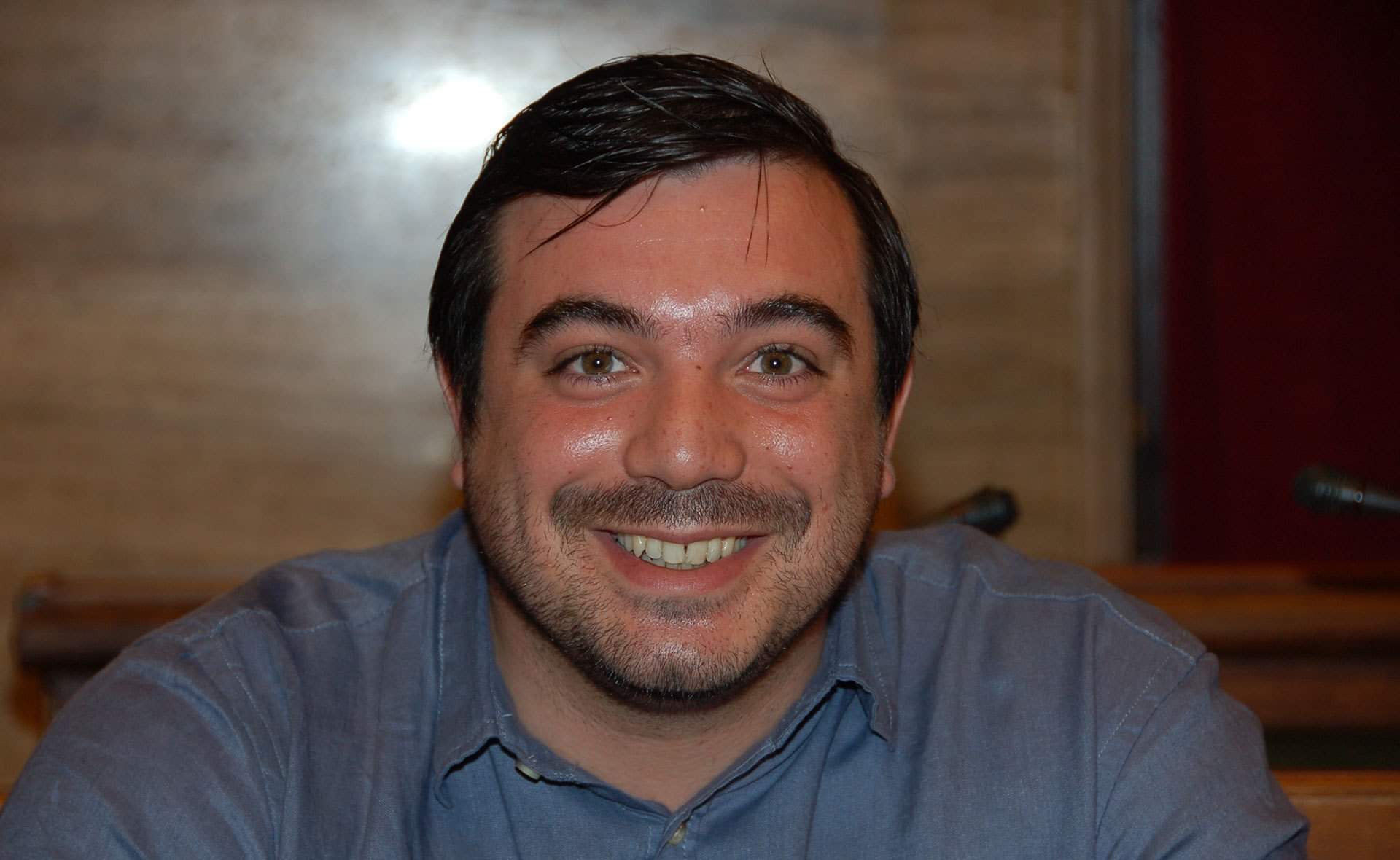Interview
Project “YOUth Ambassadors of Non-Formal Learning”
Country: Italy
Interviewer: Alberto Cossu
Interviewee: Matteo Massa, City Councillor of the opposition in the Council of the Municipality of Cagliari (Sardinia, Italy), second mandate (first one as majority group).
Date and location: 10.05.2020 – Cagliari, Italy – online
List of questions for the interview
- Does the law define non-formal education in our country? If so, could you describe what the law says?
Italian law recognizes and defines non-formal learning. It is the learning that the individual voluntarily carries out outside the formal education system (school, university, etc.).
- Do you know if there are strategies, action plans that define non-formal learning in our country? If so, could you describe them?
The first time I was asked about non-formal skills was in the compilation of a European model curriculum. There is a national standard for the recognition of these competences, but I do not have a clear understanding about the national strategy and action plan.
- Have you ever been involved in the development of a strategy / action plan / law dealing with non-formal education issues?
I guess the question is about the institutional level. As a representative of the institutions I have been involved on this issue by the associations that deal with it, never by the institution itself. It must be said that the experience in elective assemblies is in turn, I think, a kind of non-formal learning.
- How do you think young people recognize non-formal education?
Many live it through European projects. Among them, maybe not everyone “recognizes” it. It may be that the young people who have made non-formal education the main source of knowledge and skills (to the detriment of formal school education and outside association and European projects) are the ones who “recognize” it least of all.
- Should government and institutions be involved and make a greater contribution when it comes to youth and youth policy?
They should feel more involved. The biggest contribution would come as a result. It is essential to avoid excessive bureaucratic and schematic processes.
- Do you work on promoting non-formal education?
No. In the last Council meeting I had a dialogue with all the forces represented in the classroom and we have included the association category “youth and socio-educational animation for young people” in the regulation on participatory institutions and under the heading “Thematic registers”. The first and only reference to the sector among the municipal acts. This is not enough.







